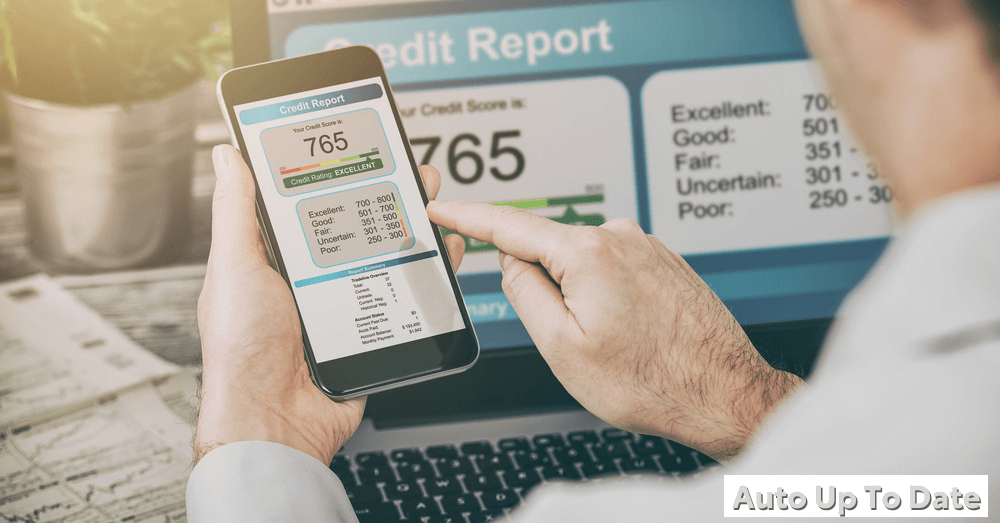Misinformation about credit scores is rampant these days due to worries about personal and business finances. The consensus is that the higher your credit score is, the better – if it’s low or nonexistent, you’re already in trouble.
But is bad credit as horrible as we think it is? Is no credit better or worse? And what does a low credit score actually do?
The Difference Between No Credit and Bad Credit
Can You Get Home and Car Loans with Bad Credit? What About No Credit?
First, let’s discuss the difference between having no credit score and having a bad one.
No Credit
No credit score doesn’t mean your score is at a zero or lower than bad. “No credit” is just a shortened way to say, “this person doesn’t have any information we can look at to give them a credit score.”
Having no credit is most common for children and teenagers because they can’t participate in credit-establishing habits like owning credit cards, paying off car loans, and getting mortgages.
Bad Credit
Bad credit means you’ve done credit-establishing acts but have a problem associated with them. Making payments late, having too many money lending accounts, overcharging credit cards, and more can cause credit scores to go down.
It’s critical to remember that specific habits influence credit scores – whether the score is high or low. For example, late payments on mortgages or car loans cause bad credit, while paying on time creates good credit.
What Makes Bad Credit Worse than No Credit Score At All
Having no credit is something no one can avoid because it’s just a matter of not having reported spending habits. Many credit cards and business practices are designed around helping people without credit establish a score or make up for no score through different means.
While it can be laborious to buy a house with no credit, establishing credit and getting a high credit score can be done quickly.
A bad credit score, by comparison, gives you a worse reputation and is much harder to change. Businesses can deny you the ability to rent, job opportunities, and car loans due to bad credit. Missed payments can take seven years to leave your credit report, which makes increasing your score difficult.
For many, the only way to get housing or vehicles with bad credit is to seek out businesses that don’t consider scores or will charge higher interest rates on loans.
How to Deal With Credit Problems
Whether you have bad credit or none, there are ways to combat the issue.
Focusing on reducing debts quickly and doing everything you can to make payments on time can help people with bad credit. Teens or young adults can discuss becoming authorized users of their family members’ credit cards to build credit earlier in life.
Being cautious about when and how you use your credit can help you build or maintain a good credit score no matter where you start at. In the meantime, don’t be afraid to consider housing and car loans bad credit if you need them.
This post may contain affiliate links. Meaning a commission is given should you decide to make a purchase through these links, at no cost to you. All products shown are researched and tested to give an accurate review for you.
